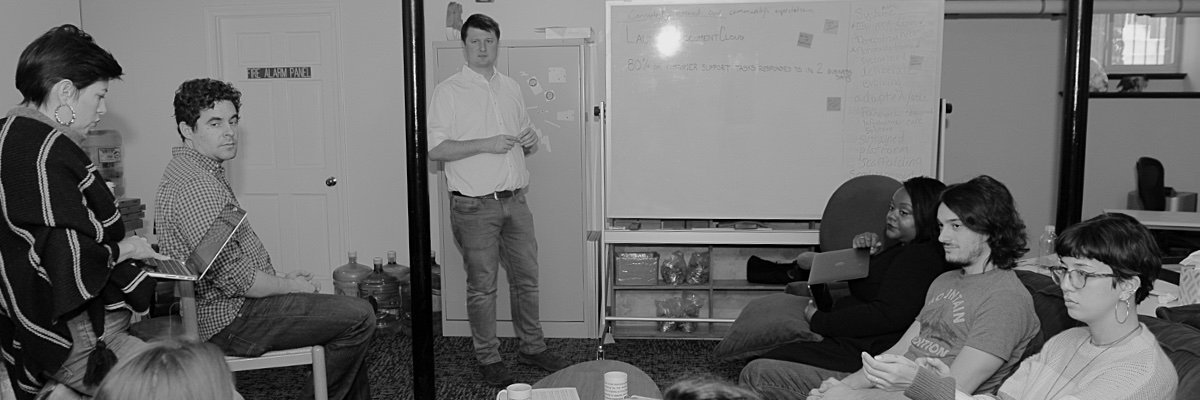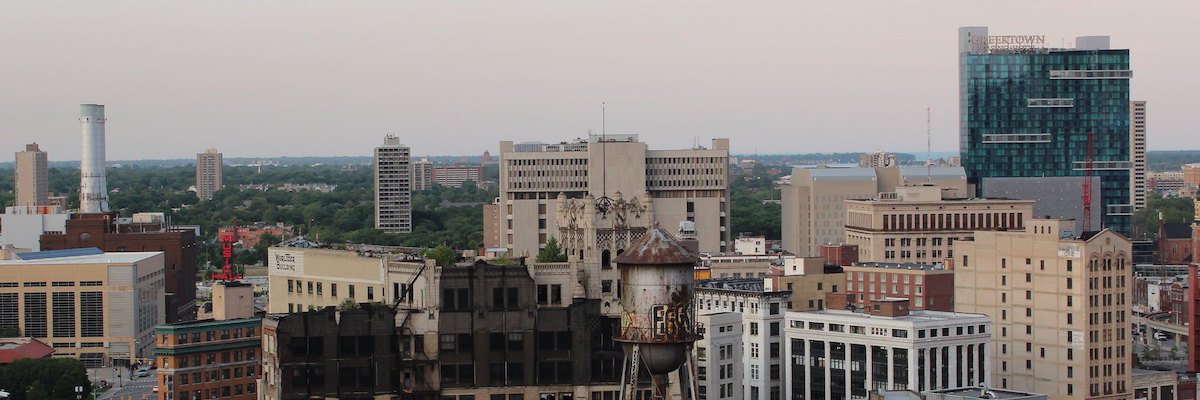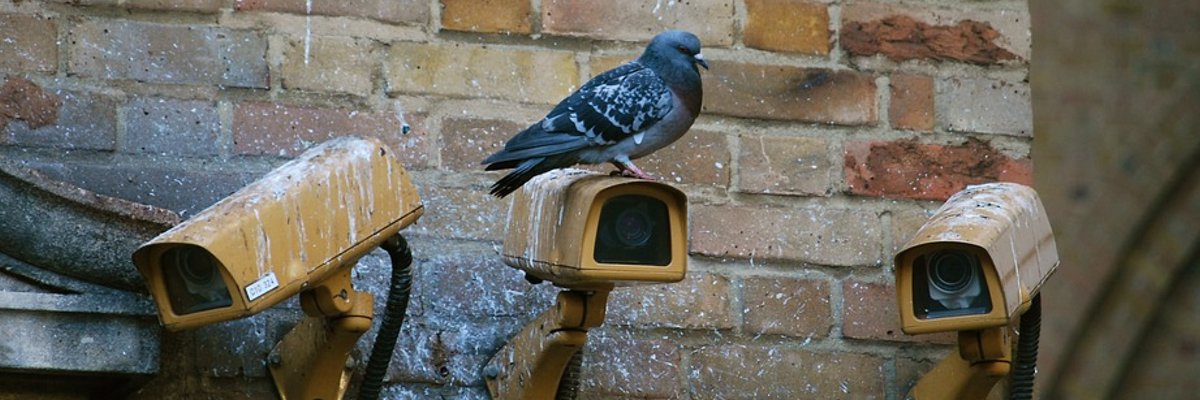For Detroit welfare rights activist and Michigan Welfare Rights Organization volunteer Augustus Williamson, the widespread fear of COVID-19, or the coronavirus, has had an unexpected, but welcome, outcome.
Detroit Mayor Mike Duggan announced this week that the city will offer a $25 a month plan to thousands of residents who have lost water service or are at risk of being shut off because they could not afford their water bills.
“I don’t know how to look at this except as for a blessing for my community,” Williamson said. “We feel this is a real coup, in spite of the reason.”
Detroit announced the plan to ensure people could wash their hands thoroughly and frequently, a key prevention measure that the Center for Disease Control is promoting. The move came before anyone in Michigan had tested positive for the disease.
“We wanted to get out ahead of this,” said Bryan Peckinpaugh, a spokesman for Detroit Water and Sewerage Department.
Detroit shut off water to 11,800 homes in 2019. The city of Atlanta, GA has issued a temporary moratorium on water shut-offs, as has Phoenix, AZ. Some larger cities like New York, NY and Chicago, IL do not disconnect water service for nonpayment.
Tulsa, OK has fewer people than Detroit but more than three times as many water shutoffs. The city shut off water service to 37,000 residences in 2019 alone, according to city spokesperson Carson Colvin.
Colvin said the city is not yet including water restoration or a shut-off moratorium as part of their COVID-19 response.
“Currently, the city of Tulsa’s plan is to continue normal policies as we monitor COVID-19 in the Tulsa area,” he said, adding that the city may also recommend a “temporary moratorium” to the regional utility authority.
There is no central place where cities report the number of water shutoffs, so keeping track of where these shut-offs might pose the largest public health risk is difficult.
“There is no one tracking this data,” said Mary Grant of Food and Water Watch, a research and advocacy organization based in Washington, D.C. “Some companies don’t even track it internally.”
In 2018, Food and Water Watch requested the water shutoff numbers for the two largest cities in every state and ranked the cities from those with the highest rates of shutoff to those with the lowest. Oklahoma was the only state with its two largest cities both in the top ten.
“We don’t have anything planned at this moment,” said Jennifer McClintock a spokesperson for the Oklahoma City, OK utility authority. “We’re not there yet,” she said. “If and when we get to a place where water forgiveness is necessary, we will certainly look into that.”
Other cities that reported shutoff numbers to Food and Water Watch that put them among the cities with the five highest shutoff rates were New Orleans, LA and Jacksonville, FL. New Orleans spokesperson Courtney Barnes said the city is “currently in conversations about suspending water shutoffs and will be making a decision sometime this afternoon.” Officials from Jacksonville have not yet responded to our request for comment.
This is a developing story and we will update it as we learn more.
Update, March 12, 6:32 p.m.: The New Orleans Sewerage and Water Board has suspended water shutoffs as of this evening. Spokesperson Courtney Barnes says the city “will adhere to this policy change for the duration of the Mayor’s Declared Emergency in response to the COVID-19 pandemic” and will work to restore water service to disconnected customers.
**Update, March 16, 8:55 a.m: Oklahoma City Mayor David Holt announced the city will suspend water shut-offs but did not issue guidance about restorations.
Image via Nathan Dumlao




